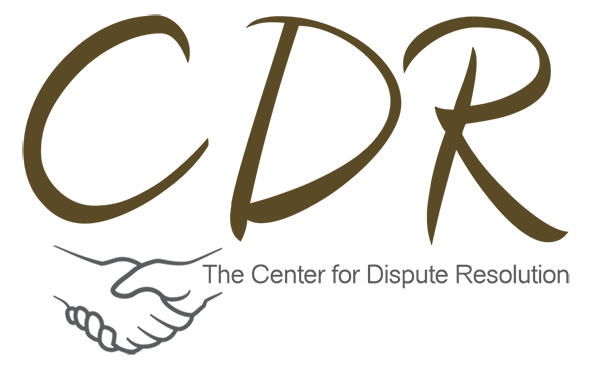
How Businesses And Organizations Can Use Conflict Resolution Services
Conflict resolution refers to the process of addressing and resolving disputes, disagreements, or conflicts between individuals or groups in a peaceful and constructive manner. It involves finding mutually acceptable solutions that meet the needs and interests of all parties involved.
Ways Conflict Resolution Can Be Useful
Businesses and organizations can utilize conflict resolution services in several ways to manage conflicts effectively. Here are some examples:
- Mediation: Mediation involves a neutral third party, the mediator, who facilitates communication and negotiation between the conflicting parties. The mediator helps identify common interests, explores potential solutions, and assists in reaching a mutually agreed-upon resolution.
- Training and workshops: Providing conflict resolution training and workshops to employees can enhance their communication and interpersonal skills. These programs can teach techniques for effective negotiation, active listening, and collaborative problem-solving, enabling employees to address conflicts before they escalate.
- Ombudsman services: Organizations can establish ombudsman positions to provide a confidential and impartial avenue for employees to voice their concerns and seek assistance in resolving conflicts. Ombudspersons can offer guidance, facilitate communication, and mediate disputes within the organization.
- Alternative Dispute Resolution (ADR): ADR methods, such as arbitration or negotiation, can be utilized to resolve conflicts outside of traditional legal processes. These approaches provide a more flexible and efficient means of resolving disputes, often with reduced costs and quicker resolutions compared to litigation.
- Conflict resolution systems design: Organizations can develop comprehensive conflict resolution systems tailored to their specific needs. This involves creating policies, procedures, and structures that promote early intervention, clear communication channels, and fair resolution processes for conflicts that may arise within the organization.
- Conflict coaching: Conflict coaches work one-on-one with individuals to help them manage conflicts more effectively. They provide guidance, support, and skill-building exercises to enhance conflict resolution skills and facilitate productive conversations.
- Peer mediation: Implementing peer mediation programs allows trained individuals within an organization or business to mediate conflicts among their peers. This approach can empower employees and foster a culture of collaboration, ownership, and shared responsibility for conflict resolution.
- Facilitation: Conflict resolution services can provide facilitators who help guide discussions and meetings, ensuring that all participants have a chance to express their perspectives and concerns. This can be particularly useful when organizations need to address complex or contentious issues, make critical decisions, or engage in collaborative problem-solving sessions. Facilitators create a supportive and structured environment that encourages open dialogue and helps participants work together towards finding solutions.
- Policy Development: Conflict resolution services can assist businesses and organizations in developing comprehensive conflict management policies and procedures. These policies provide guidelines for addressing conflicts at different levels within the organization and outline the steps to be followed in conflict resolution processes. By having clear policies in place, businesses can promote a culture of transparency, fairness, and accountability, reducing the likelihood of conflicts and providing a structured approach to handle them when they arise.
- Organizational Assessments: Conflict resolution services can conduct assessments and evaluations to identify potential sources of conflict within an organization. These assessments can involve interviews, surveys, and observations to gather information about the organization’s dynamics, communication patterns, and conflict triggers. The findings can help businesses implement proactive measures to prevent conflicts, promote effective communication, and create a harmonious work environment.
Conclusion
Overall, conflict resolution services can assist businesses and organizations in minimizing the negative impact of conflicts, enhancing communication and collaboration, and promoting a positive and productive work environment. It’s worth noting that conflict resolution services can be adapted and customized based on the specific needs and context of each business or organization. The goal is to promote open dialogue, understanding, and collaboration to find mutually beneficial solutions while minimizing the negative impact of conflicts on productivity and relationships.
If you are curious as to whether conflict resolution services could benefit your business or organization and allow it to be more efficient, please give us a call today at (478) 216-8522!
✅ Resolve disputes effortlessly. ✅ Build stronger relationships. ✅ Subscribe FREE now!
Don't miss out! Join us today. 🚀


Comments are closed